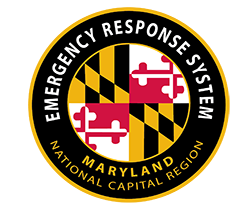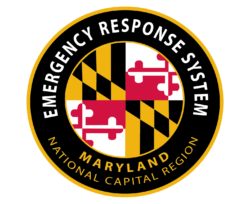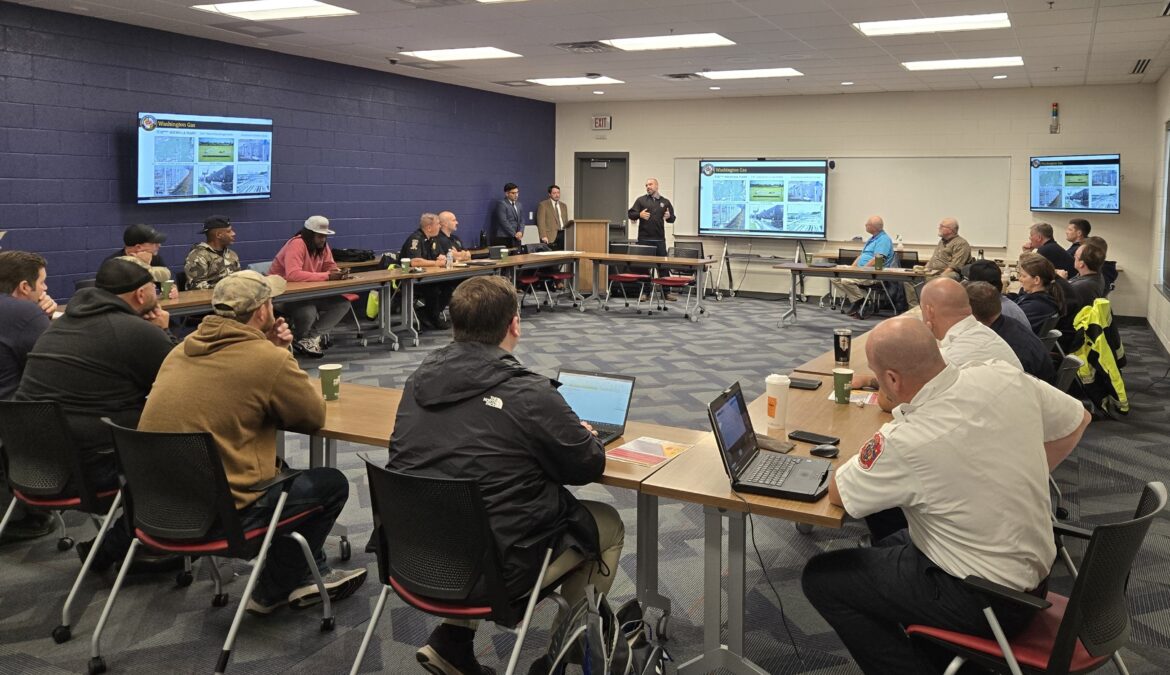In the event of an emergency incident, seamless coordination between public safety agencies and private sector partners is critical to respond to rapidly evolving threats. To improve preparedness, the Mongomery County Office of Emergency Management and Homeland Security (OEMHS), with the assistance of the Maryland-National Capital Region Emergency Response System (MDERS), hosted a specialized workshop in collaboration with Washington Gas, a local public utility, and Montgomery County Fire and Rescue Service (MCFRS). The workshop aimed to evaluate Washington Gas’ ability to effectively respond to a gas leak incident at the Rockville facility, with a particular goal of integrating their operations with first responders. This initiative represents the first in a series of exercises that MDERS has organized to assess response procedures and identify operational challenges among participating agencies.
Given the high-risk nature of gas leak incidents, which can quickly escalate into large-scale emergencies, precise and coordinated actions from all involved parties are paramount. A gas leak not only poses immediate safety hazards, but it can also have far-reaching impacts on the surrounding community and environment. To examine this threat, the workshop was designed as a critical discussion-based exercise offering participants the opportunity to refine their response protocols and bolster interagency communication in a controlled yet realistic setting.
The workshop centered around a simulated scenario on Friday, October 4th, at approximately 8:30 a.m. The exercise simulated an alert triggered by a liquid propane gas leak in a rail area at the Rockville site. Washington Gas personnel were tasked with managing various aspects of the incident, which included an unresponsive party experiencing frostbite, a large vapor cloud spreading into the community, and coordinating with arriving MCFRS personnel. The workshop highlighted the importance of a unified approach, engaging participants from various public safety and emergency management organizations that tested their ability to share information, conduct tactical responses, and manage on-site operations. Partners from OEMHS, Montgomery County Police Department (MCPD), Montgomery College (MC), and MCFRS discussed problem-solving strategies as different events in the scenario unfolded.
The workshop’s objectives were multifaceted, allowing Washington Gas personnel to identify potential gaps in their emergency plans and align internal procedures with the collaborative efforts of public safety agencies. By training alongside public safety leaders, Washington Gas personnel gained a more robust understanding of the expectations and needs of first responders, allowing them to tailor their procedures accordingly. Similarly, public safety personnel familiarized themselves with Washington Gas’ internal processes, enabling them to operate cohesively.
Key components and objectives that the workshop evaluated included:
- Response: How quickly and organized Washington Gas personnel reacted to the gas leak incident while integrating their response protocols with first responders.
- Notification Procedures: How accurately Washington Gas personnel could notify the appropriate authorities by using their communication channels to relay vital information, such as the location of the leak, its severity, and any immediate hazards to personnel.
- Coordination and Management: The level of coordination between Washington Gas and MCFRS personnel required throughout the lifecycle of the incident while ensuring that clear expectations were communicated, responsibilities were properly delineated, and efforts streamlined.
Through real-time emergency simulations, MDERS is taking a forward-thinking approach to bridge the operational gaps and hurdles between private sector and public safety entities. Without continuous training that brings these groups together, there is a risk of miscommunication, delays, and misaligned actions that could exacerbate an already dangerous emergency. Overall, the workshop exercise was well received by participants, enabling agencies to adjust their existing procedures, plans, and strategies for future incidents. One of the key takeaways from the exercise was the importance of relationship-building and bringing attention to all details that are indispensable for preparedness. Meeting stakeholders and partners beforehand proved to be a crucial element for effective response. This ongoing MDERS-sponsored exercise series not only strengthens partnership but also fosters a culture of continuous improvement and readiness.


